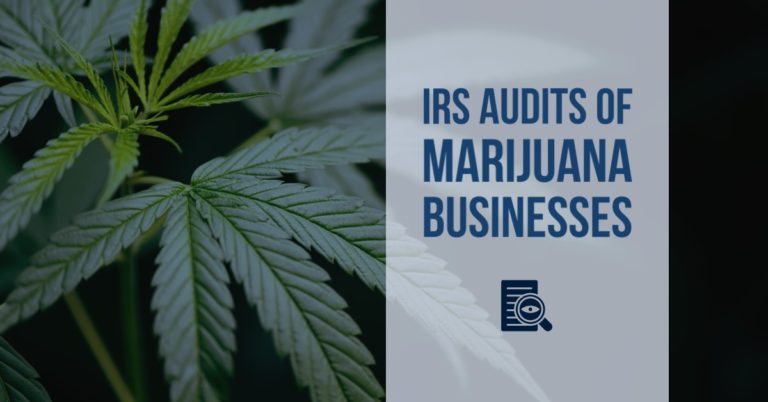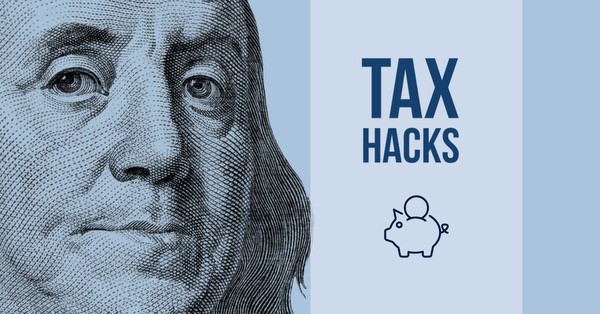What expenses are tax deductible for out of town business business travel within the U.S.?
As business travel ramps up, it’s important to know what tax rules apply if the business you’re conducting out of town reasonably requires an overnight stay.
Employee Business Travel: No Deductions until After 2025
First, it’s important to note that employees may not deduct their unreimbursed travel expenses during 2018-2025, due to the Tax Cuts and Jobs Act (P.L. 115-97, 12/22/2017).
This is because unreimbursed employee business expenses are “miscellaneous itemized deductions,” which aren’t deductible from the years 2018 to 2025.
For tax years after 2025, employees’ unreimbursed business expenses will again be deductible, subject to the 2%-of-adjusted-gross-income floor that will apply to all miscellaneous itemized deductions.
Business Travel Tax Deductions for Self-Employed Individuals
Self-employed people can continue to deduct their business expenses for 2018-2025, including their out of town travel expenses.
Tax Rules for Away-from-Home Business Travel
Tax deductible costs for out of town business trips:
- Travel costs (plane fare, cab to airport, etc.)
- Business-related costs such as for dry-cleaning, phone calls, and computer rentals
- Meals and lodging
Your meals are also deductible, even if they’re not connected to a business conversation or other business function.
As with all deductible meals, only 50% of the cost is allowed (80% for long-haul truckers; certain airline, train, and bus employees, and certain merchant mariners).
Entertainment & Extravagant Meals
If you’re having a luxury trip, watch out.
- No deduction is allowed for meal or lodging expenses that are “lavish or extravagant,” a term that has been interpreted to mean “unreasonable.”
- Personal entertainment costs on the trip also aren’t deductible.
Combining Business & Pleasure
Some allocations may be required if the trip is a combined business/pleasure trip.
For example, if you fly to a location for five days of business meetings and stay on for an additional period of vacation, only some costs are deductible.
Only the cost of meals, lodging, etc., incurred for the business days are deductible. You can’t deduct the costs incurred for the personal vacation days.
On the other hand, with respect to the cost of the travel itself (plane fare, etc.), if the trip is “primarily” business, the travel cost can be deducted in its entirety and no allocation is required.
Primarily Personal Travel
If the trip is primarily personal, none of the travel costs are deductible.
An important factor in determining if the trip is primarily business or personal is the amount of time spent on each, although this isn’t the sole factor.
Business Conferences & Training
If the trip is for the purpose of attending a convention, seminar, or training, the IRS will check the nature of the meetings carefully to make sure they aren’t vacations in disguise.
Be careful to save all material helpful in establishing the business or professional nature of this travel.
Spouse Business Travel
The tax rules on deducting the costs for a spouse who accompanies you on a business trip are very restrictive.
No business travel tax deduction is allowed unless the spouse is an employee of your company and the spouse’s travel is also for a business purpose.
Personal Expenses at Home
Although out of town business travel often requires personal expenses at home, these costs aren’t tax deductible.
For example, the cost of boarding your pet while on the trip isn’t deductible.
More Information
If you have questions, contact us to discuss your situation.
To check out our other articles on business topics, click here.

Alan Dierker
Alan Dierker is a Tax Manager with experience in tax, outsourced controller services, including fulfilling compilation and preparation agreements, payroll and compliance issues. He also has experience in the following industries: Wholesale Distribution, Private Foundations, Not-for-Profit and Real Estate.
About Smith Patrick CPAs
Smith Patrick CPAs is a boutique, St. Louis-based, CPA firm dedicated to providing personal guidance on taxes, investment advice and financial service to forward-thinking businesses and financially active individuals. For over 30 years, our firm has focused on providing excellent service to business owners and high-net worth families across the country. Investment Advisory Services are offered through Wealth Management, LLC, a Registered Investment Advisor.





